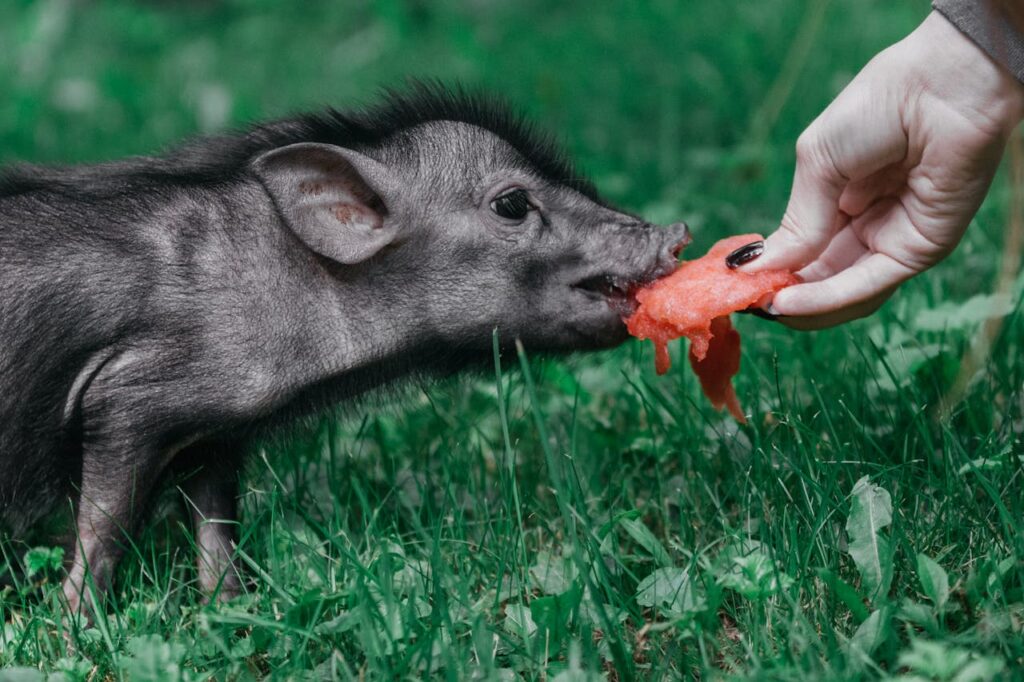8 Strange Food Laws Still Enforced In The U.S.

Across the United States, most food laws focus on safety, labeling, and public health. Yet hidden in state codes and city ordinances are unusual, often outdated rules that sound like jokes. Some were created to protect local industries, some as publicity stunts, and some remain enforceable, even if rarely applied. These laws reveal a mix of history, civic pride, and quirkiness that continues to linger on the books. From strange restrictions on margarine to peculiar rules about fried chicken or ice cream, these eight examples highlight America’s most curious culinary regulations still technically in force.
1. Florida: Ban on lab-grown meat

Florida law prohibits the production, sale, and distribution of cultivated or cell-cultured meat. Passed in 2024, the law aims to protect traditional livestock farming and restrict lab-grown meat from entering the state market. Misdemeanor penalties apply for violations, though enforcement has been minimal. Critics argue it conflicts with federal approvals and interstate commerce, while supporters say it preserves the state’s agricultural economy. The law reflects tensions between innovation, consumer choice, and old-fashioned farm protection policies.
2. Arizona: Permit required to feed garbage to pigs

In Arizona, feeding garbage to pigs requires a state permit. The law is designed to prevent diseases that can spread through untreated food waste. Commercial swine operations must meet sanitation standards, cook food waste properly, and maintain records. Household feeding of scraps is generally exempt. Although enforcement is rare, the permit requirement remains active to protect the pork industry. This unusual law shows how historic agricultural concerns can persist in modern regulations long after the original threat has faded.
3. Wisconsin: Restrictions on colored margarine

Wisconsin law restricts serving colored margarine in public places unless requested by the customer. The rule dates back to conflicts between dairy farmers and margarine manufacturers. While prosecutions are extremely rare today, the law persists in statutes, requiring restaurants and institutions to distinguish butter from margarine. It serves as a historical reminder of how lobbying by powerful local industries shaped food regulations. This law continues as a quirky but technically enforceable relic in Wisconsin’s legal code.
4. Gainesville, Georgia: Eat fried chicken with your hands

Gainesville, Georgia, known as the Poultry Capital, has a local ordinance encouraging fried chicken to be eaten with bare hands. Passed in 1961, it was originally a civic pride and publicity measure rather than a public safety rule. The law remains on the books but is rarely enforced. It symbolizes the city’s identity and its long association with poultry production. This unusual ordinance highlights how local regulations can commemorate culture and tradition, even when they seem unnecessary or humorous in modern times.
5. Carmel-by-the-Sea: No unwrapped food on streets

Carmel-by-the-Sea has ordinances restricting unwrapped food on public property. Often called the “ice cream cone law,” it aims to maintain cleanliness and preserve the town’s charm rather than criminalize eating ice cream. Violations are rarely enforced, but technically, residents and tourists are expected to follow these rules. The law reflects the city’s dedication to aesthetic preservation and historical character. Tourists often cite it as a quirky example of local regulation that balances civic pride with minor behavioral control.
6. Ice cream in your back pocket

Several old state and municipal codes forbid carrying an ice cream cone in a back pocket. Historically, this rule prevented horse theft, as unscrupulous individuals could lure horses away using treats hidden in pockets. While the original purpose is obsolete, some codes still list the prohibition. Enforcement is extremely rare, but the law survives as an odd historical artifact. It illustrates how specific local dangers influenced legislation and how some archaic rules remain in modern legal texts for decades.
7. Swine Health Protection Act

The Swine Health Protection Act regulates feeding food waste to pigs to prevent disease outbreaks. Permits, cooking standards, inspections, and recordkeeping are required for commercial operations. The law is actively enforced in partnership with state authorities. It protects the U.S. pork industry from foreign animal diseases and ensures public health. While it may sound unusual to outsiders, the law reflects long-term biosecurity concerns and the government’s role in regulating agricultural practices for both safety and economic stability.
8. Archaic institutional margarine rules

Several states retain rules regulating margarine use in schools, hospitals, and prisons. The statutes dictate labeling, color, and when margarine may replace butter, often requiring explicit permission or dietary justification. Most enforcement is minimal today, yet the language remains codified. These rules highlight how lobbying and historical priorities shaped persistent food laws. Even though the statutes rarely affect daily operations, they are legally enforceable and serve as reminders of how old regulations linger long after their original context has faded.





